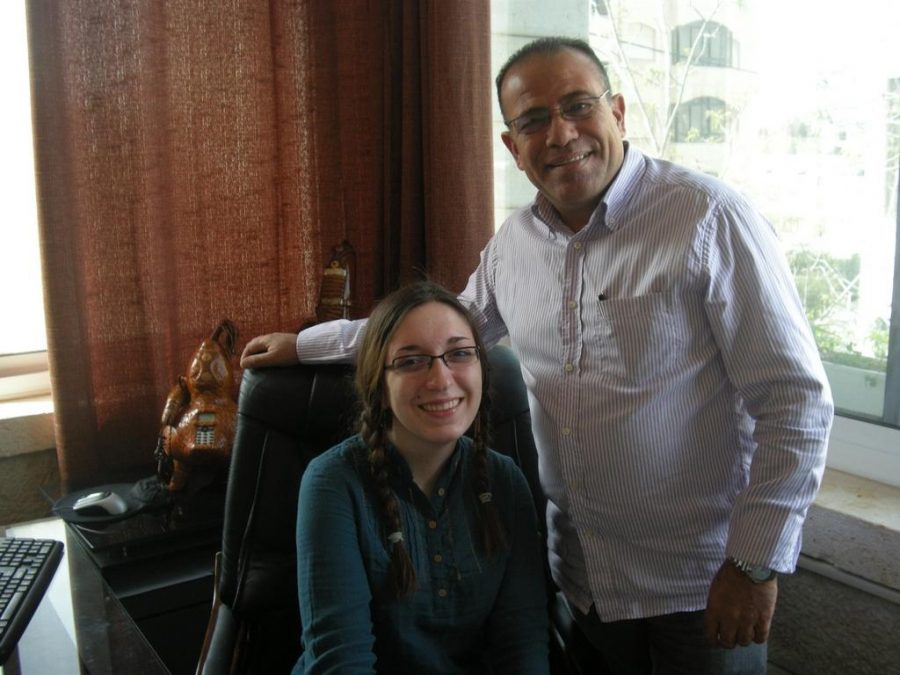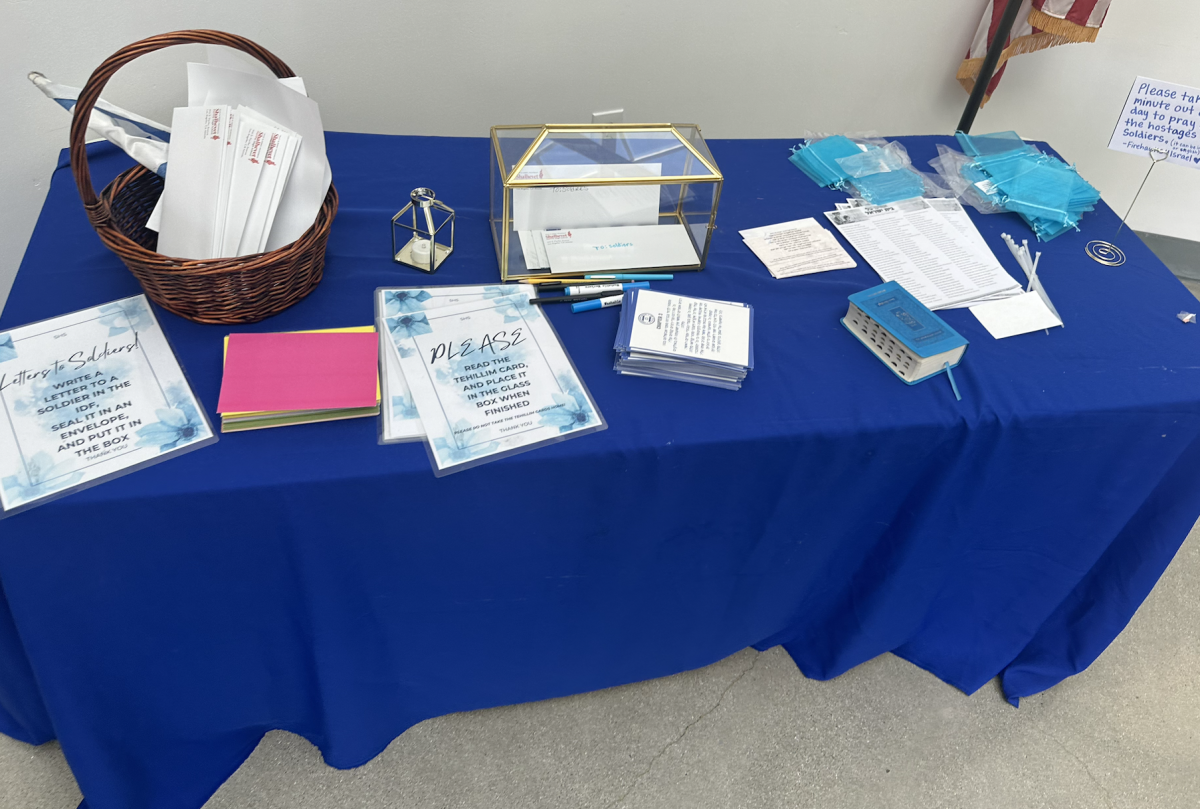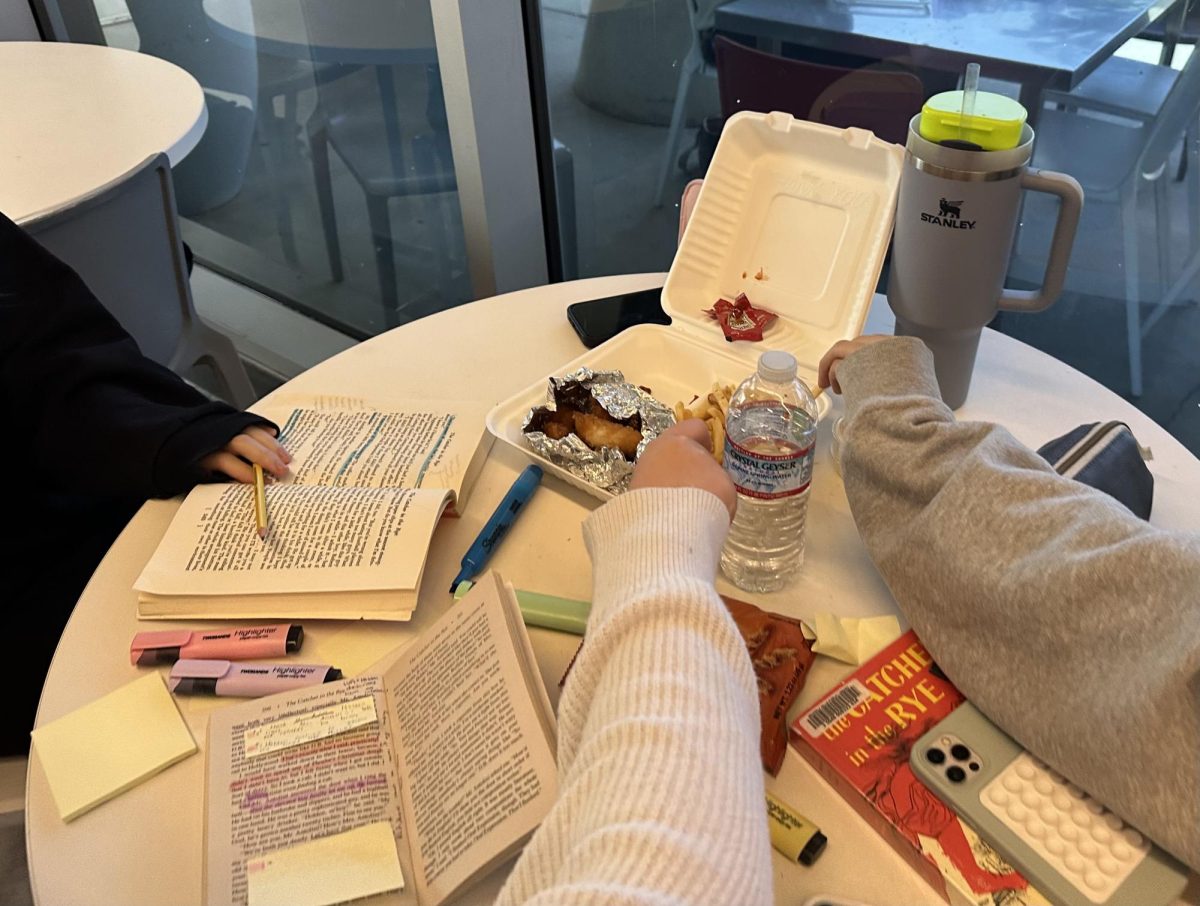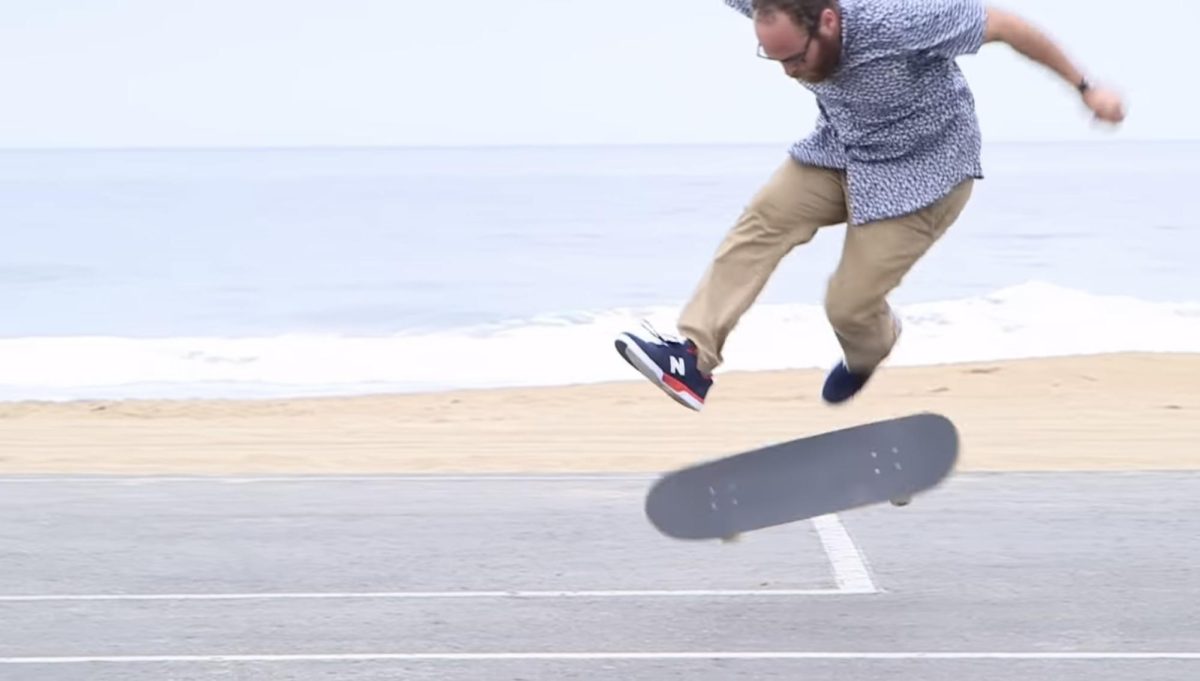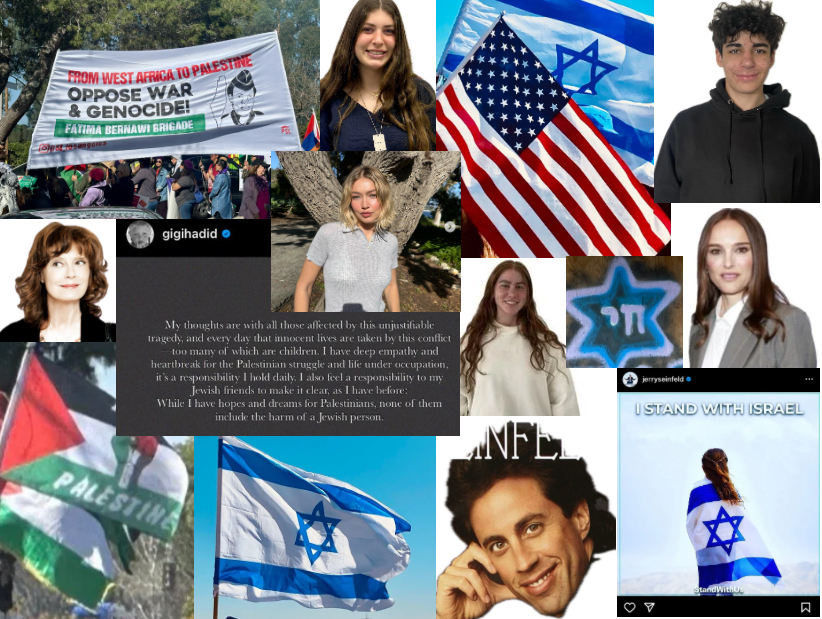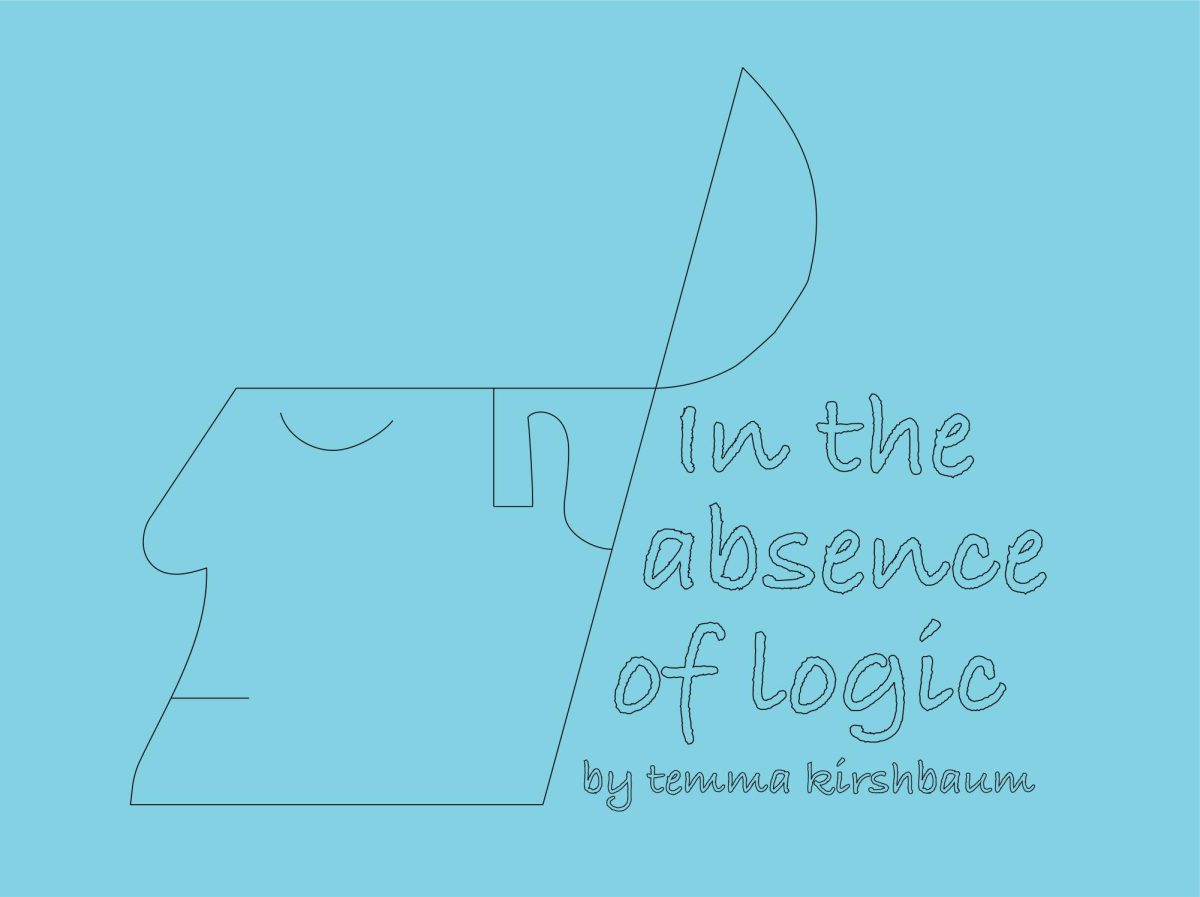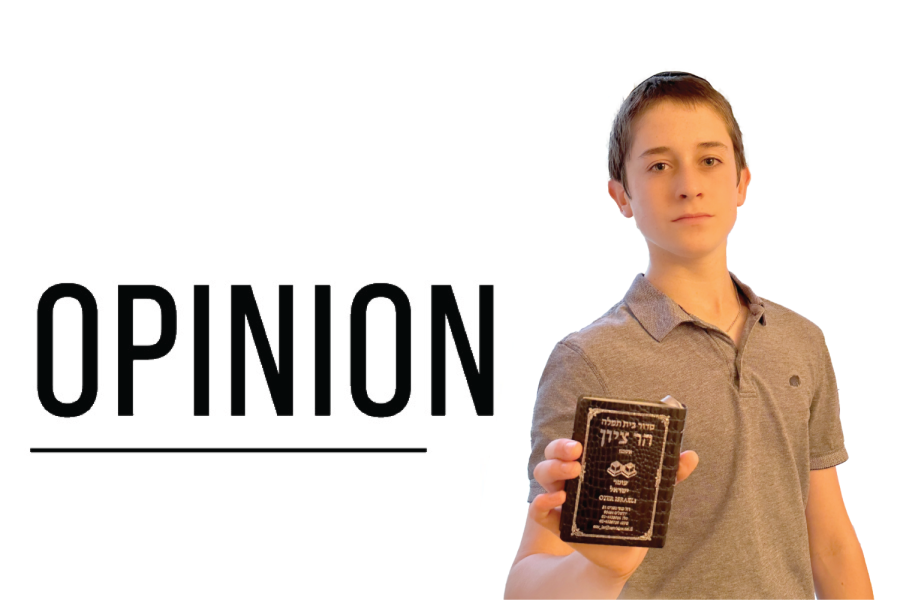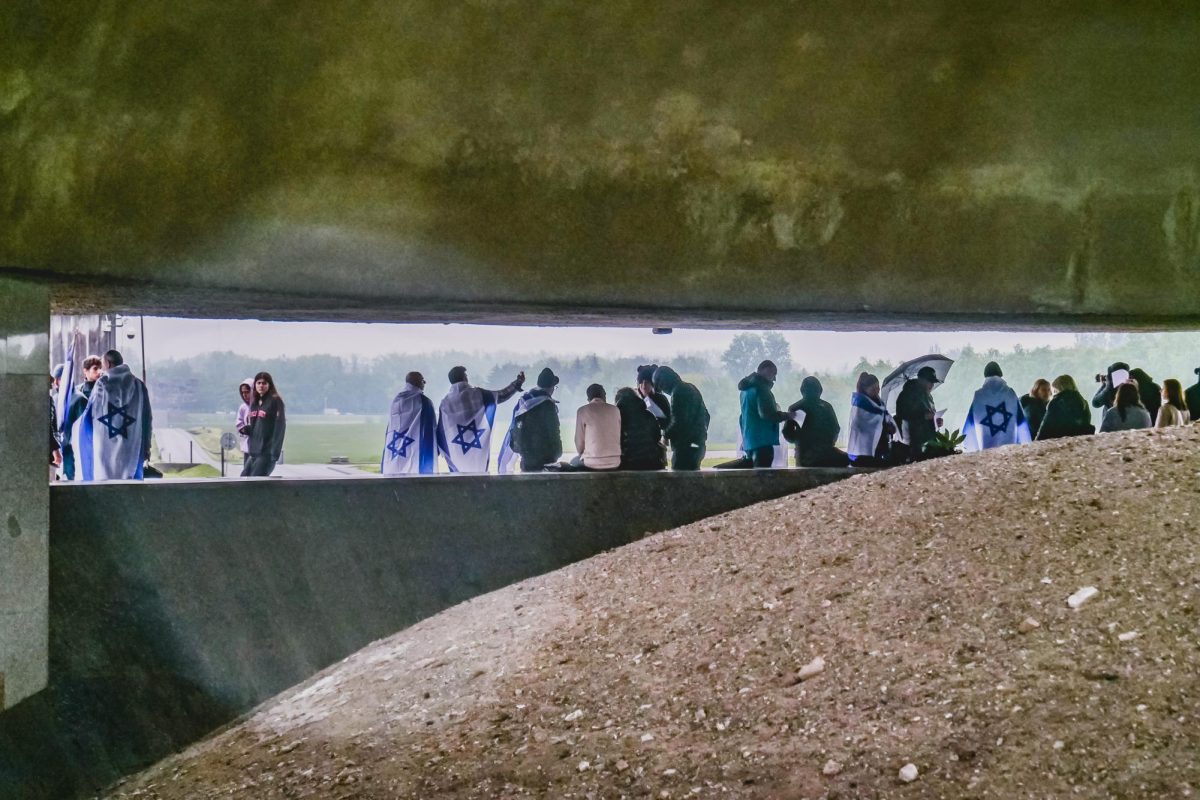Sometimes I feel like everything on the farm revolves around food, but really everything revolves around everything.
On the farm, where I’m in a semester-long Masa program called Eco Israel, a semester-long Masa program in Israel, study agriculture both in the classroom and hands-on in the field where I plant seeds that were saved from last season’s crop. Those seeds grow into food to eat, digest and then deposit into the compost toilets to later use to fertilize the trees. Dried dead plants either help keep a balanced compost pile or are spread on the soil as mulch.
It doesn’t end there. The water we use to wash our dishes goes through a filtration system before irrigating banana and sugar cane plants which need a lot of water, too much water to sense to grow in central Israel.
Unwanted leftovers and food scraps either feed our chickens—who in return give us eggs–or into the compost pile.
We stuff empty plastic bottles with wrappers and place them inside walls as insulation while empty yogurt containers store leftover food. And for six hours a week, we study Permaculture; the design ideology that loves this kind of overlap and connection.
Permaculture is a design method which aims to attain a maximum yield using minimum effort while adhering to the “ethics triangle”: care for the land, care for the people and share surplus fairly. It studies and mimics natural patterns and creates sustainable systems which produce no waste.
It always takes me a while to figure out how to define “permaculture” officially, but on the farm we use “permaculture” in everyday language. We use ‘permaculture’ as a verb and an adjective meaning to think creatively, be resourceful, or just ‘really good.’ For example, I ‘permacultured’ the lemon peels left over from making lemonade by boiling them with rice for dinner.
For the past four months, I’ve been living on an educational, sustainable, organic farm called “Hava & Adam” (Eve and Adam) on a Masa program called Eco Israel. I work on the farm, study Permaculture, Agriculture, Hebrew, Medicinal Herbs and Land and People and live communally with the other Masa participants.
There are also eight volunteers and four shinshinim, Israeli 18-year olds who deferred their army service for a year to do community service living on the farm. Hava and Adam is an educational, sustainable farm that works with many of the kindergartens and elementary schools in Modiin both in the schools and by bringing groups to the farm. It hosts events and rents out small plots of land to enable people without backyards to garden. The farm sells produce to two restaurants in Israel and to the community and teaches a Permaculture Design course along with Eco Israel.
During my daily three hours of work I’ve designed and built small gardens for the kindergartens to use, built an outdoor extension to our kitchen and planted, and harvested and weeded many beds of vegetables.
As I’ve started to make plans for the second semester, I’ve reflected a lot on what I’ve learned so far this semester and how it’s influenced me. I’ve learned to start looking at things in a cyclical, connected manner instead of a fragmented and linear one. I’ve become more aware of what I take from the world and what I give back to it.
I’ve started to feel uneasy with how much clean water I contaminate when I use conventional toilets on the weekends (we have compost toilets on the farm). I now spend a lot of time staring at the moon in constant awe, I’ve started liking cats and I feel comfortable traveling with very minimal plans. I’ve learned a lot of things but for me these are the big three:
The benefits of human diversity. When people talk about the benefits of diversity, they talk about the benefits of diversity in types of plants, in variety among a species and in sources of energy. But they ignore the potential benefits of human diversity.
One of the reasons Hava and Adam is such a magical place is due to the varied group of people working on the farm. We’re from Israel, the US, Canada, Brazil, Sweden, Argentina and Nepal. We’re just out of high school, just out of college, in our late twenties and married with kids. We’re Jewish and not-Jewish, religious and secular. We like to talk about our feelings and we like fast, practical solutions. We’re short and tall, bearded and clean-shaven, tattooed and bare-footed. We like to eat raw and we love Snickers and Diet Coke. We meditate and we blast loud music. We sleep on the farm and we commute twice a week. But we all talk to one another, learn from each other, develop meaningful and close relationships and have formed a cohesive community. After all, don’t ecologists say the greatest benefit of diversity in an ecosystem stability?
Differences in age aren’t that important. Before arriving at the farm I was worried that as the youngest participant in Eco Israel, I wouldn’t be taken seriously, or that I would fall behind or have trouble relating to the older members. After all, the oldest member is ten whole years older than me. I recently learned that many of the older participants felt the same way. But after a week or two, I realized that everyone completely forgot about age. It is only once in a while, when someone reminisces about their childhood, that we remember how far apart in age we are—and it always comes as a shock.
Not once have I been looked down upon or taken less seriously or been overly protected by my friends who just finished college or my friend who is 29 for being 18. I always knew that the difference in age between a two- and three-year-old is huge while the difference between a 40- and 50-year-old is almost unnoticeable but it’s comforting to learn that I’m on the 40-to-50 side of it and not the two-to-three.
We don’t see the full value in most things. When people are constantly buying goods and throwing them away, they view things as very one-dimensional and as serving just one person. Living on a farm that doesn’t have a garbage can, we’ve learned to think of objects in a different way.
One weekend my friend Bela realized that when she buys a bottle of juice, she’s buying juice but also buying a bottle. Because we don’t value the packaging our food comes in, we do silly things like throw away resalable containers when the food’s done and then buy new Tupperware and plastic bags.
We’re lucky enough to receive clean, fresh water from the municipality that’s fit to drink but once we use it to rinse a fruit, it’s not unusable and fit to go down the drain. I visited an apartment where they put a bucket under the sink and used that water to flush the toilet instead of wasting fresh tap water.
One thing Permaculture talks about is stacking functions. For example, we grow corn for its food but also as a wind barrier against other plants and as a trellis for beans to climb on. Everything has many uses; it’s just a matter of recognizing and taking advantage of them.
Jaclyn Kellner was Deputy Editor-in-Chief of The Boiling Point during the 2010-11 school year.

